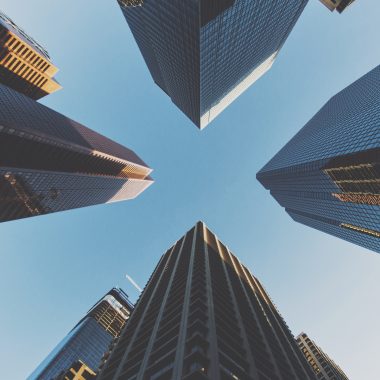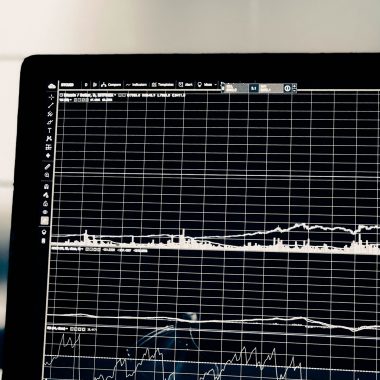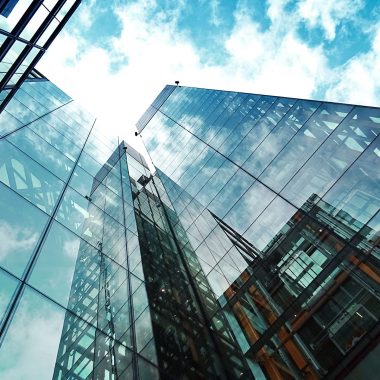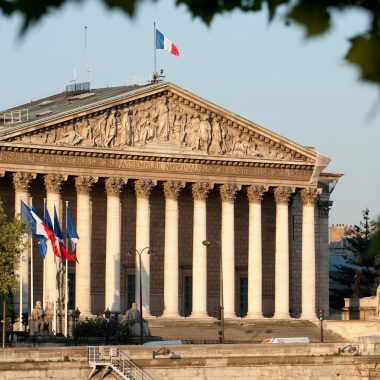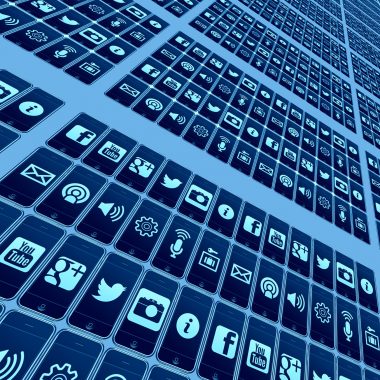The organisers’ ambition was to make the Paralympic Games a catalyst for disability inclusion. Did they live up to their promise?
While it was intended to be a showcase for the inclusion and representation of disability, the event was also an opportunity to question the place of disability in our societies. An analysis of the online discussions surrounding the event reveals nuanced feelings and complex issues.
Representation and celebration of disabled sport
The Paralympic Games undeniably offered high visibility to disabled sport and disability in general, highlighting the importance of the issue of representation. The event attracted an enthusiastic public. On social networks, Internet users are massively behind the Games, sharing events and performances live and expressing their support and admiration for the athletes.
Posts praising the impressive performances of the para-athletes and their inspiring journeys have been pouring in. Hashtags such as #Force and #Courage proliferated, demonstrating the public’s admiration for these top athletes and the inspirational nature of their exceptional journeys.
A measure of engagement: revealing disparities
Despite this enthusiasm, the enthusiasm for the Paralympic Games is nuanced when compared with that generated by the Olympic Games. A comparative analysis of hashtags linked to the Games reveals significant disparities.
During the Olympic and Paralympic Games, the hashtag ‘#Paris2024’ dominated (4.5M mentions), followed by ‘#JO2024’ (688.2K). On the other hand, ‘#JOP2024’, which was intended to be more inclusive and encompassing of both events, failed to make its mark, garnering just 78K mentions. There was also a marked difference between the use of ‘#JeuxOlympiques’ (591.4K) and ‘#JeuxParalympiques’ (84.3K mentions).

Talkwalker – Comparative analysis of hashtags: #Paris2024 #JO2024 #JeuxOlympiques #JeuxParalympiques #JOP2024
In addition, a temporal analysis of mentions of the hashtag ‘#Paris2024’ shows a clear difference in engagement between the period of the Olympic Games and that of the Paralympic Games, with the latter generating fewer online discussions.

Talkwalker – Results over time, period from 10 July to 10 September – Hashtag ‘#Paris2024
These figures illustrate a significant gap between the interest shown in the Olympic Games and that shown in the Paralympic Games.
This disparity prompted criticism from Internet users and disability rights activists, who denounced the unequal media representation of the two events. Others questioned the organisational and temporal separation between the two Games, with separate ceremonies several weeks apart, arguing that this division perpetuated a form of segregation.
Heroisation criticised
Beyond issues of visibility, criticism has emerged, particularly from activists and people with disabilities, about the nature of the discourse surrounding Paralympic athletes. They warn against the tendency towards heroisation and speeches that focus too much on surpassing oneself, courage and personal struggles rather than on sporting performance itself, emphasising difference and running the risk of reducing athletes to their disability.
This phenomenon, known as ‘inspiration porn’, leads to a reductionist view of disabled people and their goals by presenting them solely as sources of inspiration because of their disability, rather than considering them as people in their own right.
J’ai vu la course c’est incroyable de nager comme ça. C’est vraiment des grands champions. Faut le voir pour comprendre l’effort surhumain.#Paralympic2024 #Jeuxolympiques2024 #Paris2024 https://t.co/pX6cyYQVrG
— 𝑱𝒖𝒍𝒊𝒆 𝑩𝒂𝒕𝒕𝒆𝒔𝒕𝒊 🌊 (@JulieBattesti) August 29, 2024
Ces #JeuxParalympiques montrent à quel point on peut être un excellent sportif même en ayant un handicap ! Je trouve ça beau et émouvant ! ♥️ #Paris2024 #jeuxparalympiques2024 #ceremoniedouverture
— Soukaïna Bgg (@SoukainaBgg) August 28, 2024
In addition, unequal treatment of different types of disability was highlighted. Emphasis is placed on ‘visible’ motor disabilities, to the detriment of ‘non-visible’ disabilities (hearing, mental, cognitive, etc.), perpetuating a form of invisibility.
Petite précision sur ces #JeuxParalympiques . Il n’y est présent que les situations de #Handicap dites physiques. 80% des handicaps ne sont pas intégrés dans ces compétitions. Cela fausse par conséquent les représentations. Cependant déchirez tout les athlètes français !
— Behague Jimmy (@BehagueJimmy) August 28, 2024
The inclusion of disability in society: between progress and challenges
Efforts have been made to improve the inclusion of people with disabilities, particularly in the organisation of the Games and the reception of the public. However, the event also highlighted persistent delays, particularly in urban infrastructure. The case of public transport in Paris is emblematic: despite promises of improvements, only line 14 of the metro is 100% accessible to PRMs.
The event rekindled the debate on universal accessibility, equality and the inclusion of disabled people in society. Some Internet users took advantage of the discussions surrounding the Games to point out the many delays in terms of accessibility, adapted housing, employment, etc., sometimes sharing their personal accounts, and calling for fundamental investment and transformation.
Les #JeuxParalympiques sont lancés et on va subir le discours des élus sur le #handicap qui, toute l’année, ne respectent pas nos droits et la CNUDPH
Je suis enfermée depuis 8 ans dans un logement inaccessible et vous ? #balancetoninaccessibilite #TikTok https://t.co/1XUC7XKzGF— Nabéla👩🏻🦼 (@NabelaNab) August 28, 2024
Fin des #JeuxParalympiques . On nous parle de grande réussite, d’une”union” de la société sur le handicap,d’une volonté de “changement de paradigme”pour les personnes handicapées.
Ou ça ? Qu’est ce qui va changer dans nos droits ? Rien. Pas plus de volonté politique ajd qu’hier.
— Callirhoé (@Callirhoe_) September 8, 2024
An analysis of the discussions surrounding the Paralympic Games shows that the event did indeed make disability and disabled people visible, and sparked off important debates. It highlighted both the progress that has been made and the road that still needs to be travelled if disabled people are to be truly included in society. As such, it acted as a platform to stimulate debate and discussion on this societal issue. Will it be enough to lead to significant action? Or will it remain a parenthesis in time? What’s more, isn’t the celebration of individuals and the spectacle a distraction from collective action?
The success and true legacy of the Paralympic Games as a catalyst for disability inclusion can only be fully assessed in the long term, by observing concrete changes in public policy, infrastructure accessibility and attitudes.
By Jade Ferreira
Sources :
● https://www.lesechos.fr/thema/articles/paris-2024-le-defi-de-laccueil-des-personnes-en-situation-de-handicap-reste-a-relever-2103907
● https://www.lemonde.fr/sport/article/2023/08/29/paris-2024-ces-jeux-seront-vus-comme-un-tournant-dans-l-histoire-du-mouvement-paralympique_6186968_3242.html
● https://www.liberation.fr/sports/jeux-olympiques/les-jeux-paralympiques-lheure-de-rappeler-que-les-personnes-handicapees-nont-pas-pour-but-dinspirer-20240901_FVX3FCZNTRHPDHFVUJ3OBGMZFE/
● https://www.ouest-france.fr/jeux-olympiques/jeux-paralympiques-deux-fois-moins-de-contenus-dans-les-medias-francais-que-pour-les-jo-199f1dce-6b9a-11ef-87ff-6b83746dd621
● https://www.liberation.fr/idees-et-debats/editorial/jeux-paralympiques-et-maintenant-linclusion-20240908_F6F4CWA5MJAJ3EC42HTLTF3OY4/
● https://www.lemonde.fr/sport/video/2024/06/05/les-transports-franciliens-sont-ils-prets-a-accueillir-les-visiteurs-en-situation-de-handicap-pendant-les-jeux_6237529_3242.html


